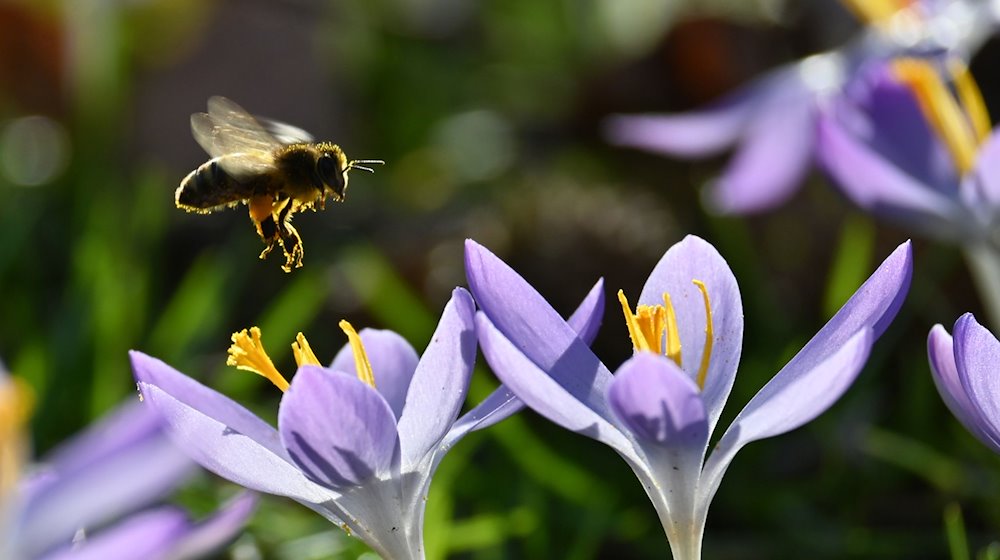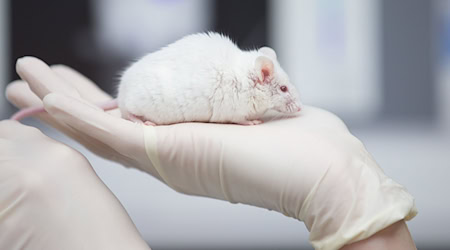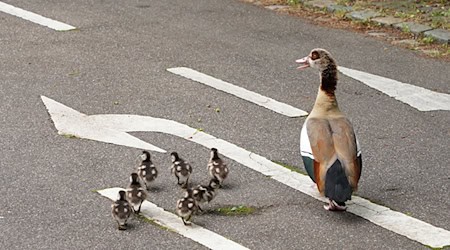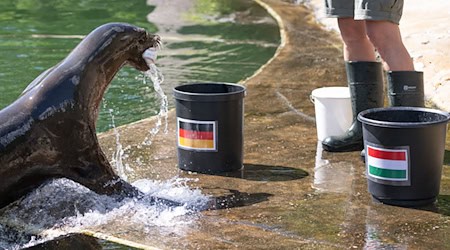The mild temperatures are having a positive effect on Saxony's bees, according to the chairman of the Saxon Beekeepers' Association: "For the bees that have survived, this year has got off to a good start," said Michael Hardt. Bees have already been able to use the early bloomers and collect fresh pollen and are well supplied with vitamins and proteins for the time being.
Many beekeepers fear for their bee colonies in winter, said the chairman of the Dresden Beekeepers' Association, Tino Lorz. However, temperatures are not the main problem: "If the bees are properly fed, the cold hardly affects them". Rather, the danger comes from the Varroa mite. It stings the young bee larvae and sucks the blood to feed itself. The bee larvae are weakened by the loss of blood and are therefore susceptible to pathogenic viruses and bacteria.
Bees therefore do not die from the mite itself, but from the viruses that the mite transmits, as Lorz explained. To combat the mite, the Bee Disease Ordinance prescribes treatment with formic and oxalic acid. However, Lorz warned: "This also breeds mites that cope well with the acid." This is why various European beekeeping associations are calling for a complete stop to acid treatments in the long term. Instead, they want to rely on breeding methods and find ways to identify colonies that are already resistant.
Winter bees should have a longer life expectancy than summer bees, but they are also particularly at risk from the mite. The fact that the brood is already well supplied this spring is therefore a relief for the bee colonies, Hardt continued - "at least as long as there are no cold spells".
Copyright 2024, dpa (www.dpa.de). All rights reserved










